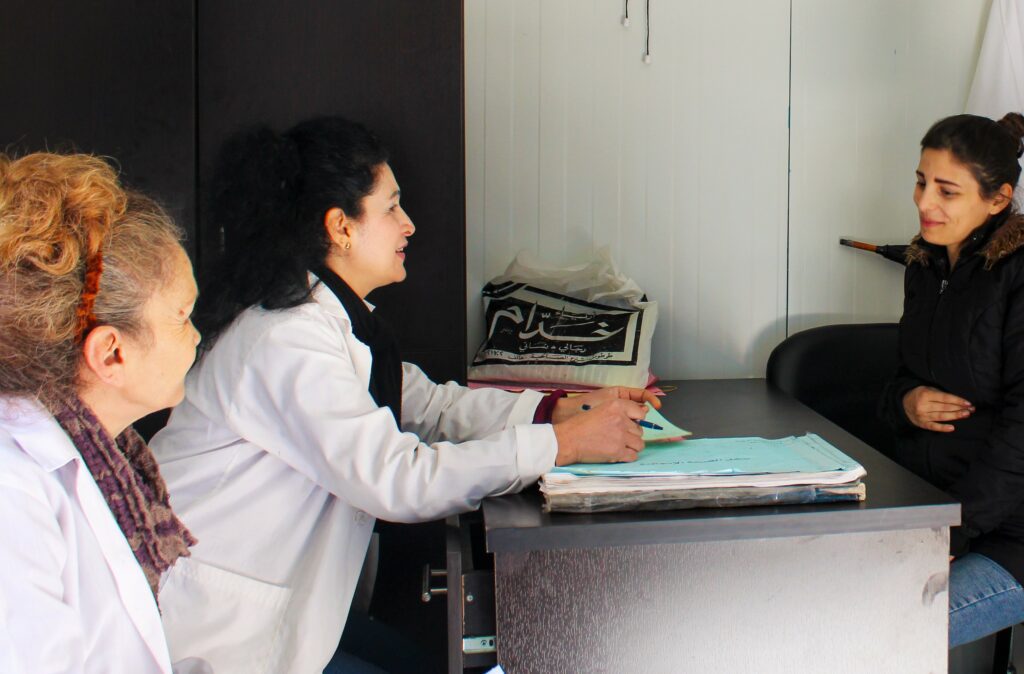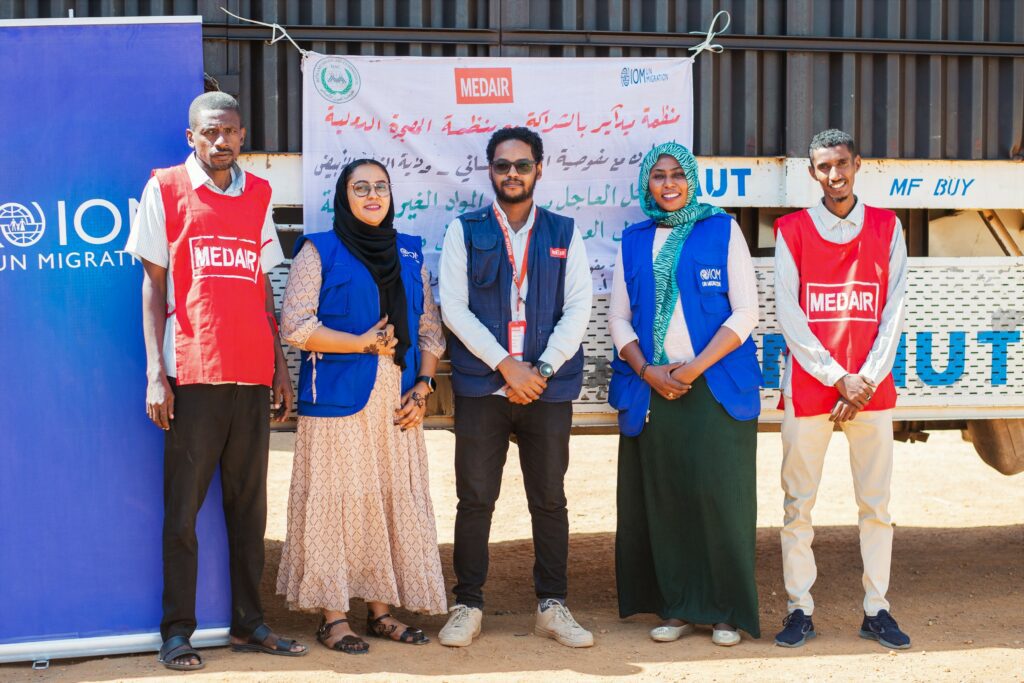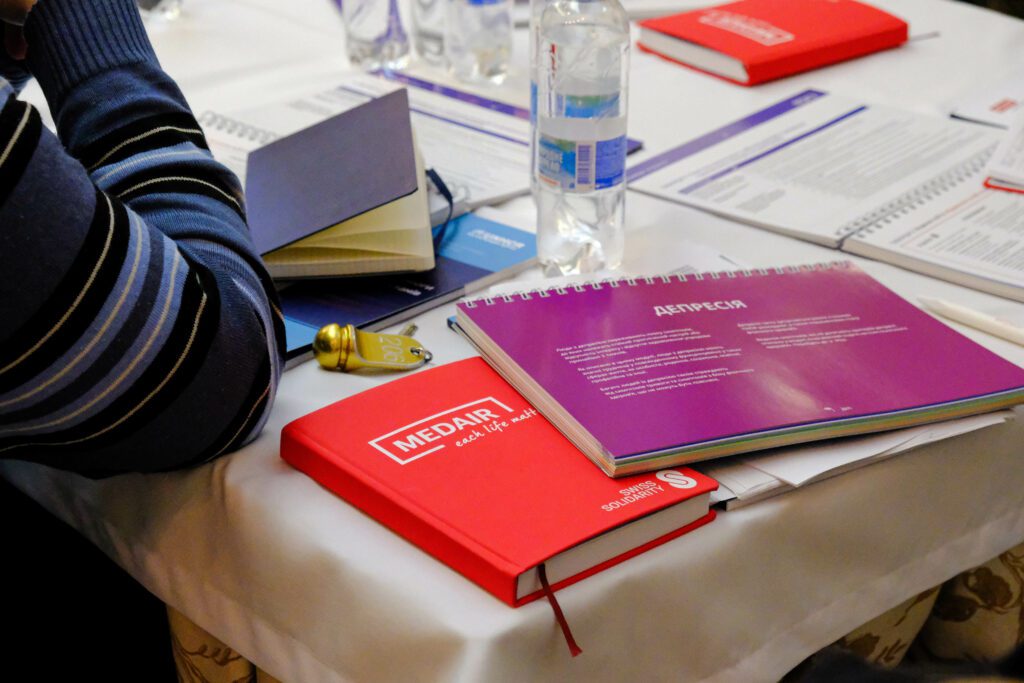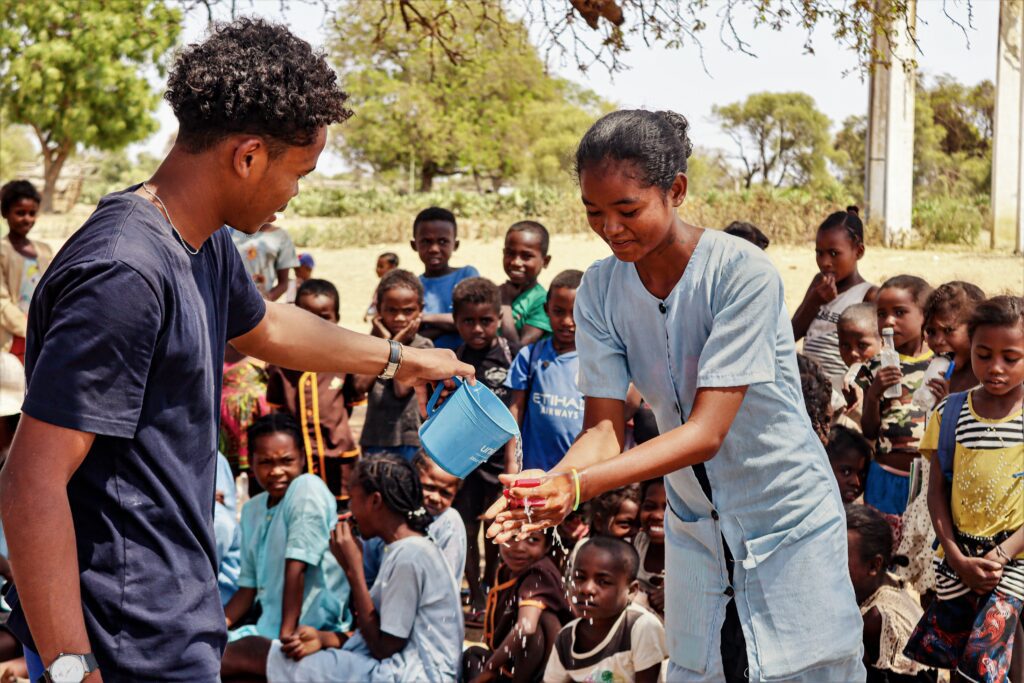In recent years, news headlines have been inundated with complex crises; from Ebola in West and Central Africa, to the Syrian Crisis as refugees spilled into Jordan, Lebanon and further abroad and now, Covid-19. Yet, while rarely visible on the front pages, the escalation of civil war after years of conflict has plunged Yemen into the world’s largest humanitarian crisis.
The effects of the ongoing civil war in Yemen have resulted in a severe economic collapse and the UN estimates 24 million Yemeni people – that’s 80% of the population – now require some form of humanitarian assistance or psychosocial support. It’s hard to put that number into perspective when I think about what this would look like in a European country.
Over half of the country’s health clinics aren’t functional, leaving 14 million Yemeni’s unable to access basic health care services we so often take for granted. Medair’s teams who support remote communities in need, frequently share stories of clinics who would have no equipment or medicines available to treat illness without our support. About the same number of people currently don’t have access to clean water or adequate sanitation facilities like toilets, a combination of which resulted in a cholera outbreak in 2017 with over one million suspected cases.
The scale of the needs in Yemen are so large it can seem overwhelming to imagine the suffering at an individual level; malnourished pregnant mothers and young children with insufficient food to eat, the ever-present risk of cholera and other diseases, and now, the threat of Covid-19. I had seen the statistics when I took the position of Country Director in Yemen almost two years ago, but each number represents a person, a story, like Mahmoud* whose severely malnourished five-year-old daughter died after being denied life-saving specialised treatment because he could not afford it, when it should have been available for free. This story illustrates to me that in Yemen, when people don’t receive urgent assistance, it can swiftly turn into a matter of life and death. Together, as a humanitarian community, we can and we must make a difference for many of these families, and this is why Medair has launched an emergency response programme in Yemen.
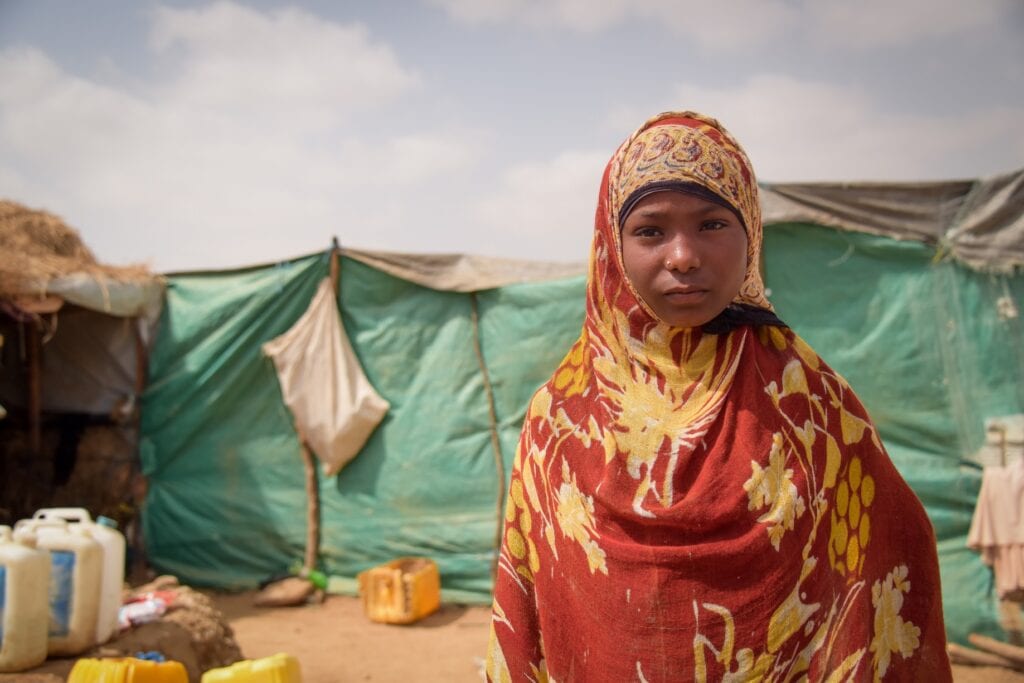 © Karl Schembri/NRC
© Karl Schembri/NRC
Medair has begun providing essential nutrition and health care, and water, hygiene and sanitation services to people in Yemen. Medair teams travel over long distances to reach these vulnerable communities, often located in remote districts where few other organisations work. Through our projects, health facilities which lack supplies and equipment are being restocked, health care staff are trained and teams of volunteers find and refer malnourished pregnant mothers and young children to receive life-saving treatment. Meanwhile Medair is installing safe drinking water, handwashing and sanitation facilities at the health clinics we are supporting to lessen the risk of disease, while preparing for emergency water and sanitation responses in communities which may face sudden water borne disease outbreaks, such as cholera.
Our Yemeni colleagues are passionate about serving other Yemeni’s, and their passion motivates me, particularly on days when I hear heart-breaking stories like Mahmoud’s. It drives us to overcome the inevitable challenges of working in a complex context where the security situation and our ability to travel to field sites can change at any moment.
As we begin other projects around Yemen, Covid-19 looms on the horizon. While there have been relatively few confirmed cases of Covid-19 in Yemen so far, an increase in number will soon put massive strain on an already fragile health system, which is not equipped to cope with such a pandemic. The Yemeni people, who have been through so much already, now face a crisis within a crisis.
I am grateful for Medair’s decision to respond in Yemen. However, as we are confronted daily with the needs on the ground, we are under no illusion that the Yemeni people will continue to require ongoing support from the humanitarian community to meet their basic needs for many years to come.
This content was produced with resources gathered by Medair field and headquarters staff. The views expressed herein are those solely of Medair and should not be taken, in any way, to reflect the official opinion of any other organisation.
Medair’s work in Yemen is supported by the Bureau for Humanitarian Affairs, Swiss Agency for Development and Cooperation, Swiss Solidarity and generous private donors.
Header photo: © Ingrid Prestetun/NRC


